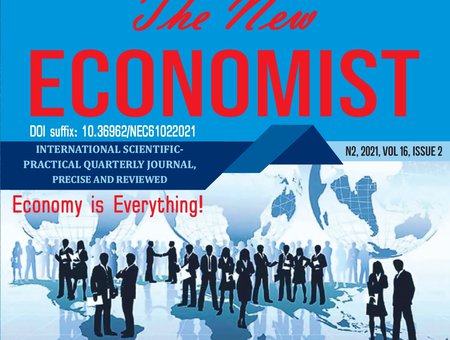თანამედროვე სამყაროში გადაუჭრელ პრობლემად რჩება კონფლიქტები, რომლებიც განსაკუთრებით რთულად აისახება ისეთ პატარა და განვითარებად ქვეყნებზე, როგორიც საქართველოა. საბჭოთა სოციალისტური კავშირის დაშლამ და სუვერენული სახელმწიფოების აღმოცენებამ გამოიწვია, როგორც მსოფლიო რუკის კორექტირება, ასევე გლობალური გეოსტრატეგიული ცვლილებები. გაჩნდა ძალთა ახალი ცენტრები, რომლებიც საკუთარი გავლენის მოსაპოვებლად სხვადასხვა სტრატეგიით მოქმედებდნენ. სამხრეთ კავკასიის რეგიონი ამ მხრივ მომხიბვლელი აღმოჩნდა. აღნიშნულ არეალში განვითარებული კონფლიქტებიდან ორი უშუალოდ საქართველოს ტერიტორიაზე წარმოიშვა და დღემდე გადაუჭრელ პრობლემად რჩება. აფხაზეთისა და ცხინვალის რეგიონის კონფლიქტების კვლევა, ანალიზი და დარეგულირების მექანიზმების ძიება, ერთ-ერთი უმნიშვნელოვანესი გამოწვევაა საქართველოსთვის, შესაბამისად ჩვენი სტატიის მიზანია წარმოვაჩინოთ რუსეთის რბილი ძალის გავლენა არსებულ კონფლიქტებზე და პრობლემის დარეგულირების სავარაუდო მექანიზმები.
References:
Art R., Jervis R., “International Politics”, article “Global Trends 2025”, Ilia State University Press, Tbilisi, 2011;
- Brzezinski Z., “Big Chessboard” Publishing House “Artanuji”, Tbilisi, 2014;
- Gasviani G., “Abkhazia at the end of the XIX century and XX century”, “Chronicle” Publishing House, Tbilisi, 2004;
- Gachechiladze R., “Georgia in the World Context”, Second Updated Edition, Bakur Sulakauri Publishing House, Tbilisi, 2017;
- Gegeshidze A., “Global Processes and Georgia”, “Guide to Democratization of Georgia”, Club of Independent Experts, Tbilisi, 2012;
- Nadareishvili T., “Conspiracy against Georgia”, JSC “First Printing House” Tbilisi, 2000;
- Pipinashvili D., “Conflicts in the South Caucasus and Problems of Regional Stability”, Tbilisi, 2009;
- Samadbegishvili S., GC Analysis “Intermediate End of the Nagorno-Karabakh Conflict as a Landmark Event for the Caucasus Region”, Tbilisi, 2020.




